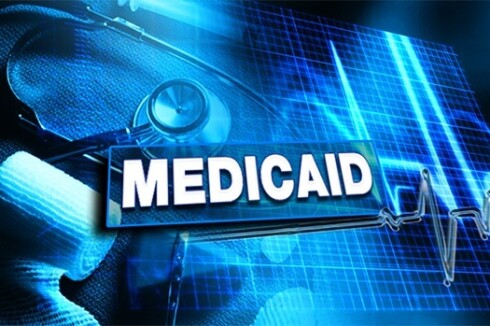ST. PAUL — While the Minnesota Legislature is currently working under , fraud has emerged as a top priority for Republicans this session and has seen bipartisan support in its early efforts.
House Republicans have introduced a package of three bills to tackle fraud: would establish an Office of Inspector General, would create tougher penalties and streamline fraud reporting, and would require the legislative auditor to submit more regular reports to the Legislature on state agencies.
ADVERTISEMENT
Two of these bills have siblings in the Senate: would also require the legislative auditor to submit more regular reports to the Legislature, and Sen. Heather Gustafson, DFL-Vadnais Heights, also plans to push a bill that would .
Ahead of the session, Gov. Tim Walz on Jan. 3 unveiled his own in Minnesota. His plan includes using AI to better detect fraud, implementing tougher penalties for fraudsters, creating a centralized state fraud investigations unit and beefing up the Attorney General’s Medicaid Fraud unit.
The Feeding Our Future scheme in Minnesota resulted in $250 million in stolen government funding, and Minnesota has lost millions more through Medicaid-related fraud.
Despite the efforts coming from both sides of the aisle, Republicans continue to ring the “too late” bell. At a press conference on Tuesday, Jan. 21, Rep. Kristin Robins, R-Maple Grove, who will chair the House’s new fraud committee, said her colleagues have been introducing this legislation for years and rarely got hearings in committees.
Rep. Jim Nash, R-Waconia, said at Tuesday’s press conference that despite this frustration of efforts from Democrats being “late,” Republicans welcome bipartisan work on the issue.
“I welcome the fact that the governor has acknowledged this, but as legislators, we have to take our own due diligence and our own steps to do this, and this is a great way to do so,” Nash said.
The Legislature will also likely operate with a . One of the house bills, HF3, which would require reports to the Legislature from the Legislative Auditor, has an estimated cost of $240,000, Walz’s package estimates costs up to $39 million in fiscal year 26-27, but no other bills have estimated costs.
ADVERTISEMENT
“I've been assured by the state gov chair that we'll be saving Minnesotans enough money that they’ll want to spend money in this area again,” Rep. Ben Davis, R-Merrifield, said at Tuesday’s press conference.
The legalities of whether the House can introduce bills is still unclear. The House is currently in debate over whether 67 Republicans constitute a “quorum” to conduct House business, something the will weigh in on after a hearing scheduled for Thursday, Jan. 23.












